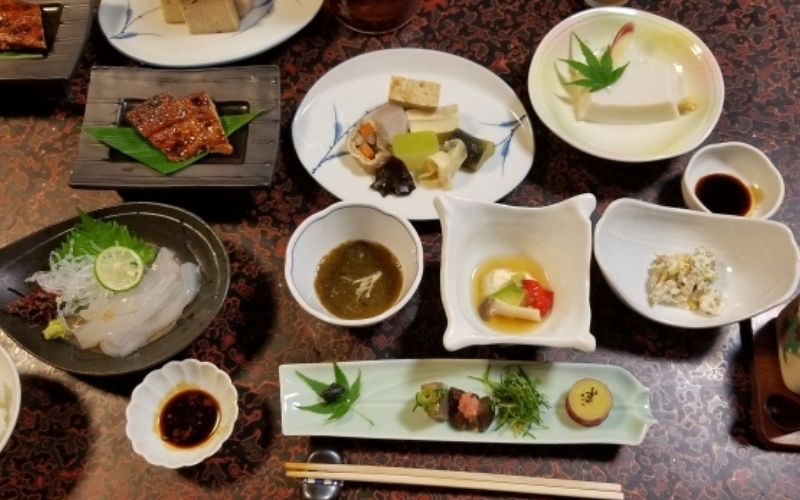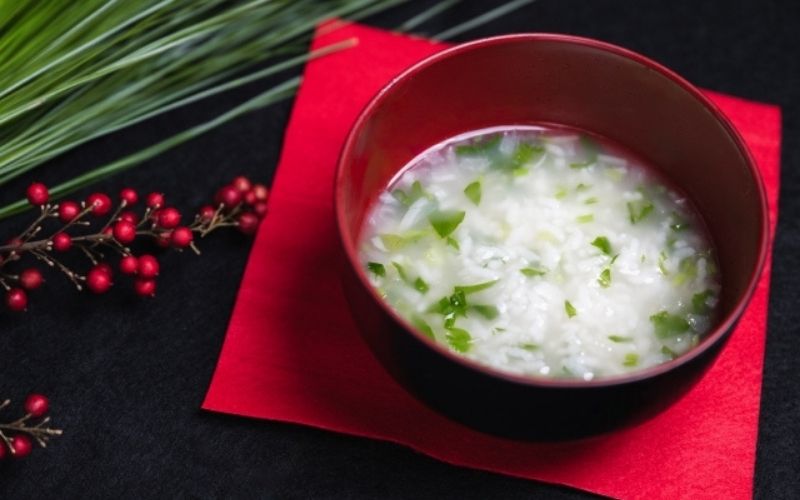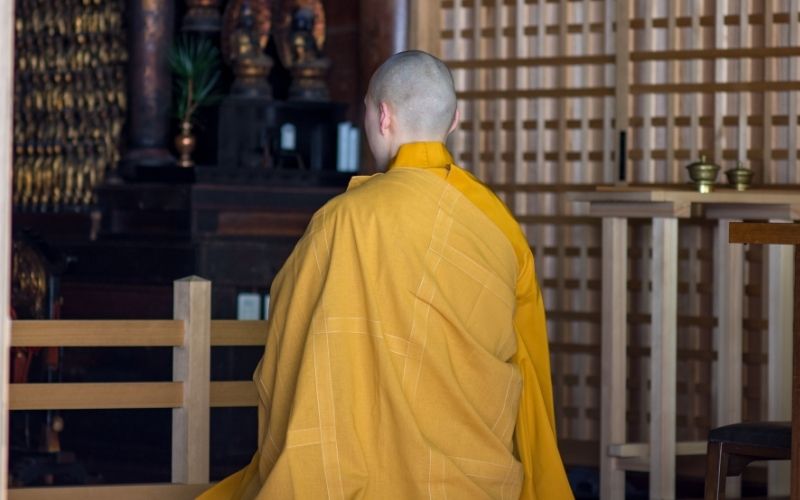Serenity and Mindfulness: Exploring Japanese ”SHOJIN RYORI", Vegetarian Cuisine
Serenity and Mindfulness: Exploring Japanese ”SHOJIN RYORI", Vegetarian Cuisine

Japanese cuisine is revered worldwide as a culinary treasure and has earned recognition as a UNESCO Intangible Cultural Heritage.
Its roots trace back to Shojin ryori, a form of vegetarian cuisine.

Originating from Buddhist practices, Japanese food has been a staple for monks during their austere training, emphasizing gratitude for all life by abstaining from the consumption of animals.
This tradition strictly employs plant-based ingredients like vegetables and grains, in adherence to Buddhist principles.

Shojin ryori serves as a precursor to the burgeoning popularity of vegetarian and vegan diets.
Notably, vegan cuisine differs from vegetarian primarily in its exclusion of animal-derived ingredients, aiming for a less stimulating culinary experience.

In Buddhist traditions, certain vegetables, known as the "five pungent roots" - garlic, onion, leek, chives, and rakkyo - are prohibited due to their perceived disruption of natural energy, or "chi."
These ingredients are avoided for their strong odors and potential to agitate desires and emotions, aligning with the ascetic goals of Buddhist practice.

Moreover, bulbs like garlic and onions are considered part of the five pungent roots, as they entail killing the plant to consume its body.
Monastic asceticism aims for spiritual realization, hence the avoidance of these ingredients.
The ancient Indian medical system, Ayurveda, similarly identifies these pungent roots and garlic as disruptors of spiritual equilibrium, echoing the emphasis on non-violence present in Indian-originating religions like Buddhism.
While interpretations of Buddhist precepts may vary among sects, vegetarian cuisine, excluding the five pungent roots and garlic, is often termed "oriental vegan/vegetarian."
Many adherents to this diet, alongside practitioners of yoga and mindfulness, report heightened sensory perception and mental clarity, suggesting a holistic benefit to such dietary choices.

A Zen monk aptly described Shojin ryori as a practice in both cooking and consuming food, emphasizing mindfulness and gratitude. Eating in accordance with Buddhist principles involves mindful chewing, minimal conversation, and appreciation for the meal provided.

The resurgence of interest in vegetarian and vegan cuisine may reflect a broader societal shift towards reevaluating lifestyles, with food choices serving as a gateway to mindfulness and well-being.

Try Japanese food and dive into the world of mindfulness!


Facebook Comments